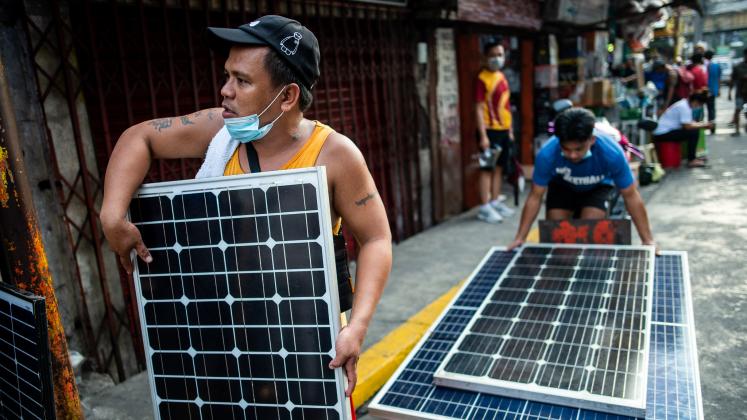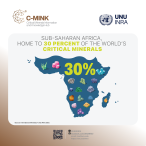Highlights
Carbon neutrality strategies hold great promise for achieving the climate goal of limiting global warming to 1.5°C. The challenge is to adopt strategies favouring inclusive, resilient and sustainable measures, conforming with the principle of leaving no one behind. Placing this principle at the centre of such strategies helps developing countries in Asia and the Pacific manage unintended, unequal and unjust effects on vulnerable groups.
Recommendations:
- Sustain decent work and reinforce labour rights to mitigate disruptions caused by the transition.
- Combine climate initiatives with social protection measures to maintain an adequate standard of living for all.
- Promote investments in inclusive climate projects and establish financial inclusion regulations.
- Establish a people-centred and gender-sensitive monitoring, reporting and evaluation process.





